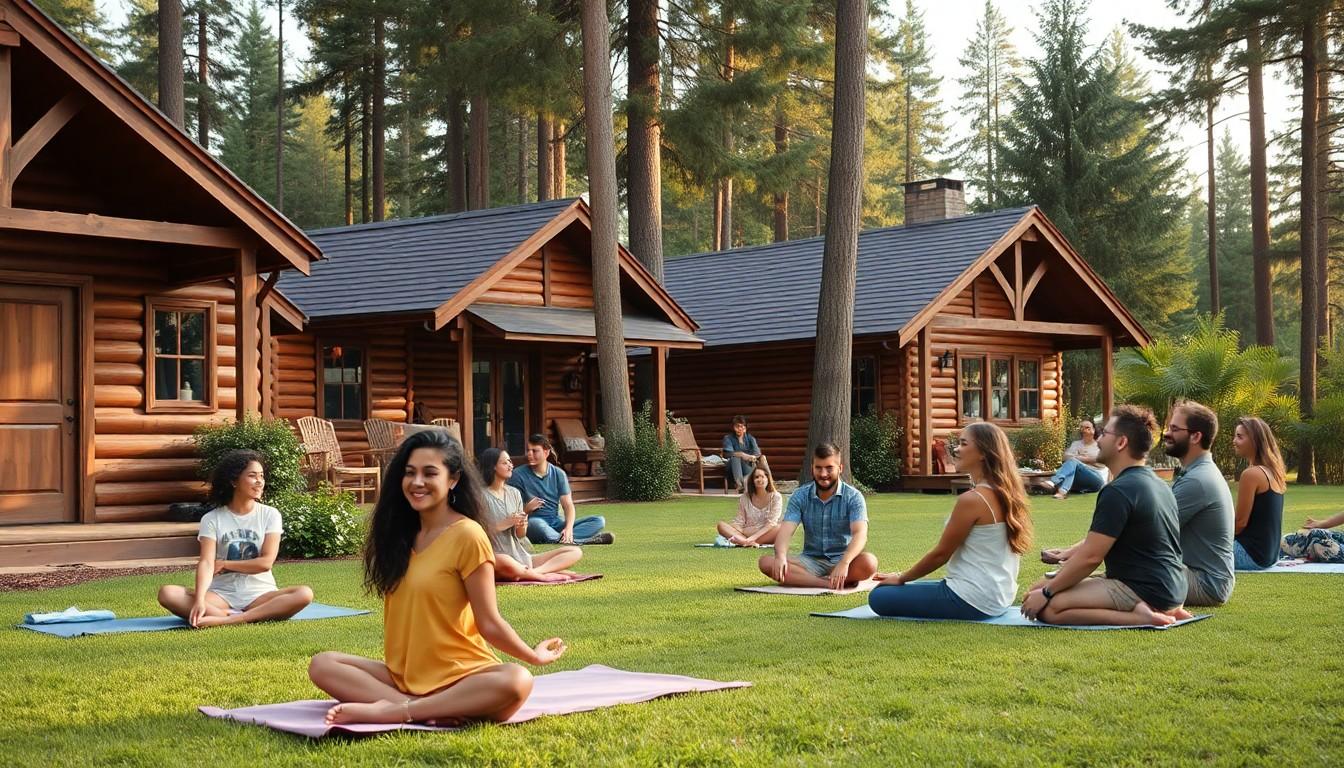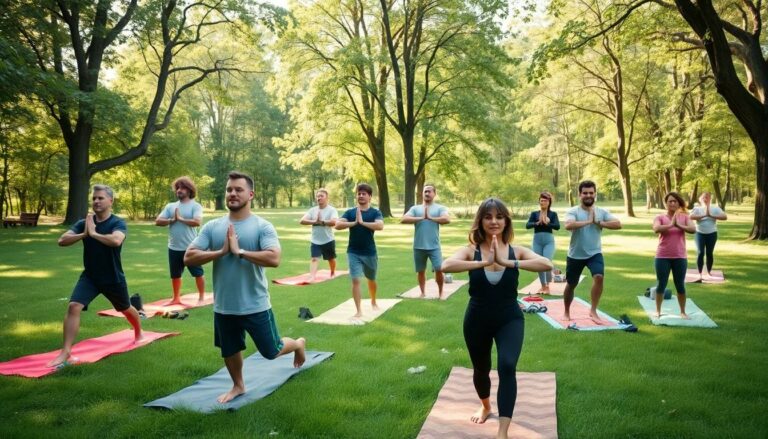Planning a retreat? You’re probably wondering how much it’ll set you back. After all, escaping the daily grind shouldn’t feel like you’re selling a kidney. Whether it’s a weekend of yoga and meditation or a week-long adventure in the mountains, costs can vary more than a cat’s mood.
But don’t fret! Understanding the price tag can help you find the perfect balance between relaxation and your budget. From luxury resorts to cozy cabins, there’s an option for everyone. So, let’s dive into the nitty-gritty of retreat costs, ensuring your wallet stays as happy as your mind will be after a rejuvenating getaway.
How Much Does a Retreat Cost
Retreat costs vary widely based on several factors. Understanding these expenses helps in planning an effective getaway.
Factors Influencing Cost
Location drastically affects costs. Premium destinations often charge higher rates due to demand. Accommodation type matters as well; luxury hotels typically charge more than cabins or hostels. Included amenities also influence pricing; meals, activities, and wellness services can significantly add to overall expense. Duration of stay directly correlates to the total retreat cost. Longer retreats generally lead to higher accommodation and food expenses. Group size also plays a role; larger groups may benefit from discounts, while smaller gatherings often incur higher per-person costs.
Types of Retreats and Their Prices
Different retreat types come with varying price tags. Wellness retreats may range from $150 to $500 per night, including yoga sessions and spa treatments. Corporate retreats generally fall between $2,000 and $10,000 for a weekend, factoring in meeting spaces and team-building activities. Specialized spiritual retreats might cost $300 to $1,200 per person, often providing lodging, meals, and consultation with experts. Outdoor adventure retreats typically run $200 to $600 per night, depending on the activities offered and accommodation styles. Each retreat type offers unique experiences and price points to suit diverse budgets.
Pricing Breakdown

Understanding the costs involved in a retreat reveals how pricing factors can impact overall expenses.
Accommodation Expenses
Accommodation expenses vary significantly based on factors like location and amenities. Budget options like cabins may cost $150 to $300 per night, while luxury resorts often charge between $500 and $1,200 per night. Additionally, some retreats include group accommodations in their pricing, potentially reducing individual costs. For example, large group bookings can lower the per-person rate significantly. Overall, selecting the right accommodation influences affordability while ensuring comfort and convenience.
Food and Beverage Costs
Food and beverage costs often play a major role in retreat budgets. On average, retreat meals can range from $50 to $150 per day per person, depending on dining options. Basic meals may suffice for some, while gourmet experiences can elevate the overall expense. Many retreats provide meal plans that include healthy, local ingredients, promoting wellness and sustainability. Understanding meal packages can help participants make informed decisions about their food expenses.
Activity and Workshop Fees
Activity and workshop fees can add considerable value to retreats. Specific activities, such as yoga classes or adventure excursions, generally range from $20 to $200 each. Workshops focusing on skill development or wellness can also charge fees between $50 and $250 per session. Offering a variety of experiences enriches the retreat, making it memorable and engaging. Participants often find that investing in activities enhances their overall experience, justifying the associated costs.
Comparing Retreat Prices
Retreat pricing varies greatly based on amenities, location, and target audience. Understanding this variance helps potential attendees select the perfect retreat within their budget.
Budget-Friendly Retreats
Budget-friendly retreats appeal to individuals and groups focusing on cost-effectiveness. Prices for these options typically range from $100 to $250 per night. Many host in rustic cabins or shared accommodations, making them accessible to more people. Group rates often reduce individual expenses further. Basic meal options might cost around $30 per day, allowing guests to enjoy nourishing food without overspending. Outdoor adventure retreats and some wellness experiences frequently fit this budget, providing valuable experiences while being financially mindful.
Luxury Retreat Options
Luxury retreats cater to those seeking premium experiences and high-quality amenities. Pricing for these retreats commonly starts at $500 per night, climbing to $1,200. Upscale accommodations often include spa services, gourmet dining, and personalized attention. Exclusive locations capitalize on their surroundings, enhancing overall appeal. Package deals may encompass meals and activities, but individuals may encounter extra costs for high-end experiences. Many high-end wellness and corporate retreats provide participants with an extraordinary level of service, making each stay truly memorable.
Tips for Budgeting Your Retreat
Budgeting for a retreat requires careful planning and foresight. Consider the following strategies to maximize value while minimizing costs.
Planning Ahead for Discounts
Booking in advance often leads to significant savings. Many venues offer early bird discounts, reducing accommodation fees by up to 20 percent. Group bookings can also lower costs, enabling attendees to share rooms and expenses. Flexibility with dates plays a crucial role; off-peak seasons usually see lower prices. Additionally, researching package deals can save money by combining lodging, meals, and activities. Check for referral programs that reward past participants, as these can further reduce overall expenses.
Seeking Sponsorships or Scholarships
Organizations sometimes provide sponsorships for attendees, making retreats more accessible. Many professional groups, nonprofits, or community organizations offer scholarships to help cover fees. Applying for these financial aids can relieve some financial burdens. Networking within relevant communities may reveal additional funding opportunities. Researching local businesses willing to sponsor wellness initiatives can also be fruitful. Many individuals find that a well-crafted proposal increases the chances of securing support. Engaging in social media campaigns may attract interest and funding for specific retreats.
careful planning and research
Understanding the costs associated with a retreat is essential for anyone looking to plan a getaway. With options ranging from budget-friendly to luxury experiences there’s something for everyone. By considering factors like location, accommodation type, and group size attendees can tailor their retreat to fit their financial situation.
Effective budgeting strategies such as booking in advance and exploring package deals can make a significant difference. Ultimately, the right retreat can provide invaluable experiences and personal growth while remaining within budget. With careful planning and research participants can enjoy a fulfilling retreat that aligns with their needs and preferences.




